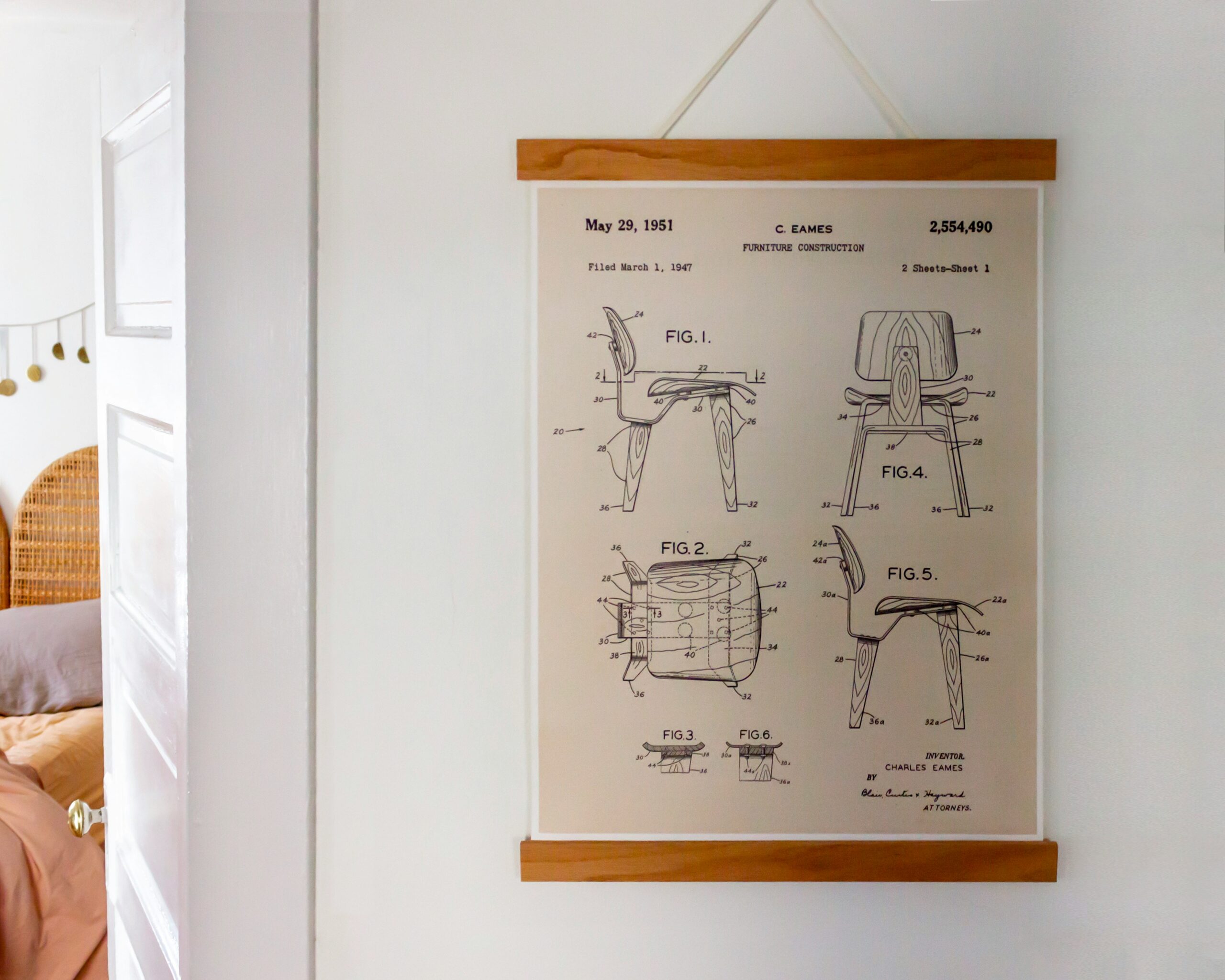A patent is an exclusive right, granted for a limited period to the creator of an invention that possesses the quality of novelty. This right enables the inventor to prevent third parties from producing, using, selling, or importing the invention without permission. Patents are not granted for inventions that do not offer a technical solution or that are indistinguishable from publicly available information.
The patent right provides legal protection to the holder within the framework of the applicable legislation. Patent applications must be filed with the Turkish Patent and Trademark Office, where they are subjected to formal examination and substantive evaluation. Once the protection period expires, the patent right is terminated and the invention becomes part of the public domain.
The patent system is designed to encourage technological advancement and support the commercialization of innovative ideas. In this regard, the protection of inventors’ rights constitutes a fundamental objective.

In order to obtain patent protection, an invention must fulfill certain legal criteria. These criteria are comprised of three essential elements: novelty, inventive step, and industrial applicability.
Pursuant to Article 83 of the Industrial Property Code, an invention is considered novel if it is not included in the state of the art. The state of the art encompasses all information disclosed to the public anywhere in the world prior to the application date, whether through written or oral means, or by any other method. National and international patent applications and published documents are also considered within this scope.
The inventive step refers to a technical advancement that is not obvious to a person skilled in the relevant technical field. This assessment, made in light of the state of the art, determines the originality and the degree of innovation of the invention.
Industrial applicability means that the invention can be produced or used in any branch of industry, including agriculture. This condition requires that the invention be practically and economically usable in a way that provides tangible benefits.
These three criteria are fundamental for the grant of a patent and are examined in detail during the evaluation process. Obtaining professional support is crucial to ensure proper management of the legal procedures.
Maintaining the novelty of an invention is of critical importance in patent applications. However, in certain cases, specific disclosures made prior to the application date do not affect the novelty of the invention. In this context, the grace period provided by the law allows the applicant to file a patent application within a certain time after publicly disclosing the invention.
The grace period refers to a temporary window during which a public disclosure made by the applicant does not invalidate the novelty of the invention. In Türkiye, this period is set at 12 months.
This provision allows inventors to promote, test, or prepare their inventions for market launch without immediately forfeiting their chance of protection. However, if the grace period is exceeded or the disclosure does not fall within the permitted scope, the novelty of the invention may be compromised, and patent rights may no longer be obtainable.

According to Article 82 of the Industrial Property Code, patents may be granted for inventions in all fields of technology, provided that the invention is novel, involves an inventive step, and is industrially applicable. When these conditions are met, the invention becomes eligible for patent protection.
However, certain subject matters are excluded from the scope of patentability. Discoveries, scientific theories, mathematical methods, mental acts, business plans, game rules, and computer programs are not considered inventions under the law. Likewise, aesthetic creations, as well as literary, artistic, and scientific works, and the mere presentation of information are excluded from patent protection.
Additionally, patents shall not be granted for inventions that are contrary to public order or morality, for plant or animal varieties (except for microbiological processes and products thereof), or for essentially biological processes for the production of plants or animals. Surgical, diagnostic, and therapeutic methods applied to the human or animal body are also excluded from patentability. Moreover, ethically and legally sensitive procedures such as human cloning or altering the genetic identity of the human germ line are explicitly excluded from patent protection.
These statutory exclusions ensure that the patent system operates with due regard to ethical, social, and scientific principles. Since the scope of patent protection and its exceptions are subject to careful legal interpretation, obtaining professional guidance throughout the application process is of critical importance.
A patent grants the inventor the exclusive right to use their invention and to prevent unauthorized use by third parties for a limited period. In Türkiye, the duration of patent protection is 20 years from the filing date of the application. In order to maintain this protection, an annual payment must be paid each year starting from the third year following the application date.
If the required annual fees are not paid in due time, the patent right lapses, and the invention falls into the public domain, meaning it can be freely used by anyone. Patent protection plays a vital role in preserving the economic value of innovations and provides a solid foundation for the commercialization of technological
Patent rights may cease for various reasons as prescribed by law. Upon termination, the legal protection over the patented invention is lifted, and the subject matter becomes part of the public domain. As a result, the exclusive rights conferred by the patent expire, and the invention may be used freely by anyone. The termination of patent rights is a crucial legal consequence that ensures the balanced operation of the intellectual property system.
The invalidation of a patent is regulated under Article 138 of the Industrial Property Code No. 6769. Accordingly, following a final decision by the Turkish Patent and Trademark Office (TÜRKPATENT), a patent may be declared invalid by the competent court if:
Invalidation claims may be filed during the term of protection or within five years following the expiry of the patent right (Article 138/5). If a patent is invalidated, the decision has retroactive effect, meaning that the protection granted under the patent or the application shall be deemed never to have existed (Article 139/1). However, finalized court decisions or executed agreements made prior to the invalidation are not affected (Article 139/2). Once the invalidation becomes final, the patent is removed from the registry and published in the Official Bulletin (Article
Other instances of termination of patent rights are regulated under Article 140 of the Industrial Property Code. Accordingly, a patent right shall terminate in the following cases:
The termination of the patent right is published by the Office in the Official Bulletin, and from the effective date of termination, the invention becomes publicly available (Article 140/2).
The patent holder may waive the right either partially or entirely, provided that the waiver does not result in an extension of the patent scope and is submitted in writing to the Office (Articles 140/3–4). However, waiver is not permitted without the consent of registered right holders or licensees, or where a third party has a recorded claim of entitlement over the patent (Articles 140/5–6). All waivers are also announced in the Official Bulletin (Article 140/7).